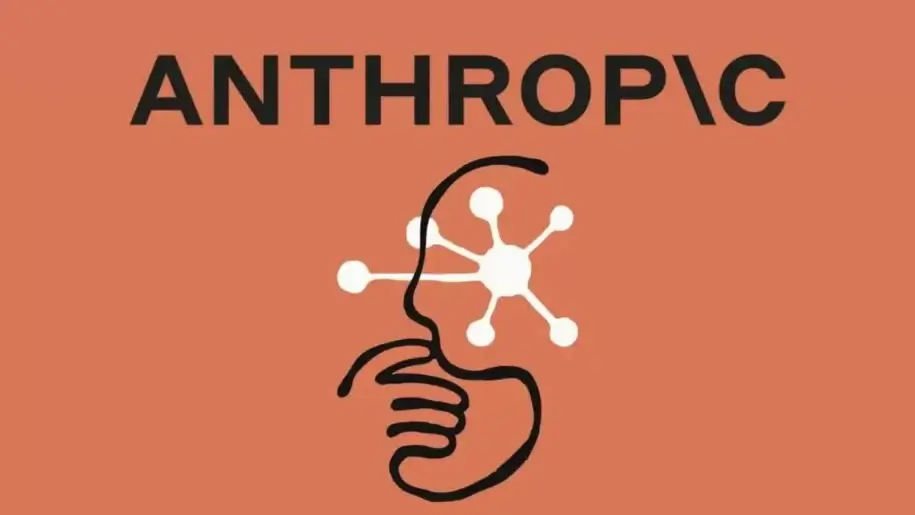Quantum computing is poised to revolutionize pharmaceutical drug discovery and development, offering unprecedented computational power to tackle challenges currently insurmountable by classical computers. This transformative potential stems from quantum mechanics principles like superposition and entanglement, enabling quantum computers to perform complex simulations, optimize molecular structures, and analyze vast datasets with unparalleled speed and accuracy. As the technology matures, it promises to accelerate drug discovery, reduce development costs, and ultimately deliver more effective and personalized treatments.
The traditional drug discovery process is notoriously lengthy and expensive, often taking over a decade and costing billions of dollars to bring a single drug to market. This is due to the immense complexity of biological systems and the limitations of classical computing in simulating molecular interactions. Quantum computing addresses these limitations by enabling more accurate and efficient molecular modeling. Quantum computers excel in simulating electron behavior in molecules, allowing researchers to understand how drug compounds interact with biological systems with greater precision. This can lead to the design of more effective drugs and the discovery of treatments currently beyond the reach of classical computational methods.
One exciting application of quantum computing lies in protein folding, a critical challenge in biology and medicine. Proteins are essential for biological functions, and their three-dimensional folded structure dictates their behavior. Misfolded proteins are implicated in diseases like cystic fibrosis and ALS, making them prime targets for drug development. Classical computers struggle with the complexity of protein folding due to the vast number of possible configurations a protein can take. However, quantum algorithms hold the promise of optimizing the protein folding process, providing more accurate insights into how proteins fold and misfold.
Moreover, quantum computing can significantly accelerate the screening of potential drug candidates. By leveraging quantum systems, researchers can efficiently screen against multiple libraries in parallel, significantly speeding up the identification of promising therapeutic compounds. Quantum computing can also enhance the regulatory approval process for new drugs. A joint study by the Cleveland Clinic, IBM, Deloitte, and other collaborators found that quantum computing can reduce error rates in clinical trials and simulations required by regulatory bodies like the FDA. This could lead to more efficient testing of drug safety and efficacy, reducing time and costs while maintaining safety standards.
Several companies and research institutions are already applying quantum computing to drug discovery. Merck and HQS Quantum Simulations are working on quantum chemical applications for faster, more cost-effective drug discovery. Similarly, the Cleveland Clinic has partnered with IBM to install the first quantum computer dedicated to healthcare research. This machine will help explore new treatments and advance biomedical research, further solidifying quantum computing's role in healthcare innovation. In a recent demonstration, IonQ, AstraZeneca, AWS, and NVIDIA showcased a quantum-accelerated drug discovery workflow that significantly reduced simulation time for a key pharmaceutical reaction, achieving over a 20-fold improvement in time-to-solution for the Suzuki-Miyaura reaction.
Despite its immense potential, quantum computing faces several challenges in drug discovery. Current quantum computers are prone to errors and lack the scalability required for large-scale projects. Developing quantum algorithms tailored to specific drug discovery problems is a complex and ongoing process. The high cost of quantum computing infrastructure and the shortage of skilled experts also pose significant hurdles. Overcoming these barriers will require collaborative efforts between pharmaceutical companies, tech firms, academic institutions, and governments.
The future of drug discovery is not just AI or quantum computing—it's the synergistic combination of both. As quantum hardware continues to advance, integrating these technologies into preclinical and clinical research will be the next big leap, paving the way for a new era of efficient, precise, and cost-effective drug development. As this field evolves, its impact on pharmaceuticals will likely be revolutionary, opening new frontiers in drug discovery and ultimately leading to more accessible and effective treatments for a wide range of diseases.
















